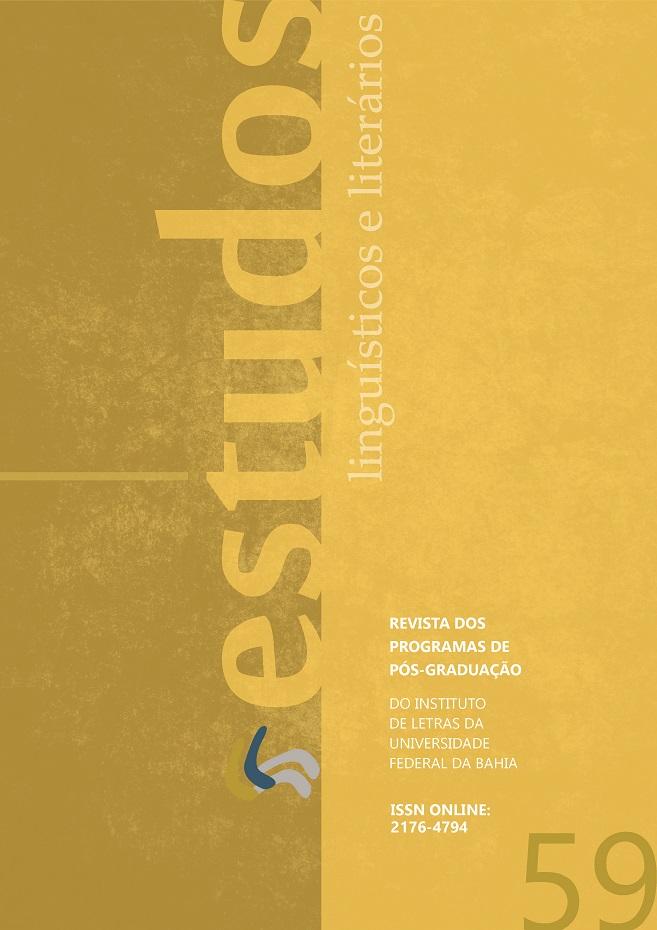AINDA ASSIM, TOMA SEU DESTINO EM SUAS MÃOS: RAINHA VASHTI EM LINHA CONVERGENTE COM ANTÍGONA | EVEN SO, TAKE YOUR DESTINY IN YOUR HANDS: QUEEN VASHTI IN CONVERGENT LINE WITH ANTIGONE
DOI:
https://doi.org/10.9771/ell.v0i59.28877Keywords:
Myriam Fraga, Rainha Vashti, Antígona.Abstract
Resumo: A poeta Myriam Fraga vai ao Antigo Testamento, em O Livro de Ester e de lá traz a figura da Rainha Vashti, esposa do Rei da Pérsia, Xerxes, também denominado Ashuero, para encenar um longo poema lírico de cunho dramático sobre um ato que a dignificou ao tempo em que selava seu destino trágico. A Rainha bela, sábia e admirada, colocada em lugar de esplendor e riqueza, não podia reinar sobre sua própria vontade, não tinha o direito de dizer não àquele a quem deveria apenas dizer sim: o Rei. Ainda assim, ela diz NÃO e toma seu destino em suas mãos. No mesmo período, século IV a.C., é encenada na Grécia, a peça de Sófocles, Antígona, que diz NÃO ao édito do Rei que a impedia de dar sepultura ao irmão morto. As duas mulheres garantem sua dignidade e sua grandeza ao enfrentar um poder que se impunha arbitrariamente. Myriam Fraga, poetisa baiana, reverbera uma canção lírica audível pelo tempo afora e em qualquer espaço que alcance. Propõe-se fazer uma leitura analítica do livro de Myriam Fraga, A Rainha Vashti, sua estrutura lírica e dramática e os elementos costurados em sua feitura e puxar a linha que faz uma convergência com a heroína trágica, Antígona.
Abstract: Poet Myriam Fraga goes to the Old Testament, in The Book of Esther, and from there brings the figure of Queen Vashti, wife of the King of Persia, Xerxes, also called Ashuero, to stage a long dramatic lyrical poem about an act that dignified it, while sealing its tragic destiny. The beautiful Queen is wise and admired. She is seen as a figure of splendor and wealth, and she could not reign over her own will. She had no right to say no to him to whom she should only say yes: the King. Still, she says NO and takes her fate in her hands. In the same period, IVth century BC, Sophocles' play, Antigone, is staged in Greece. Antigone also says NO to the king's edict that prevented her from burying her dead brother. The two women guarantee their dignity and their greatness when faced with a power that was imposed arbitrarily. Myriam Fraga, a Brazilian poet from Bahia, reverberates a lyrical song audible at all times and in any space where it arrives. Furthermore, I read the book by Myriam Fraga, Queen Vashti, focusing on its theme, lyrical and dramatic elements sewn into its fabric, and draw a line that converges with the tragic hero, Antigone.
Keywords: Myriam Fraga; Queen Vashti; Antigone.


